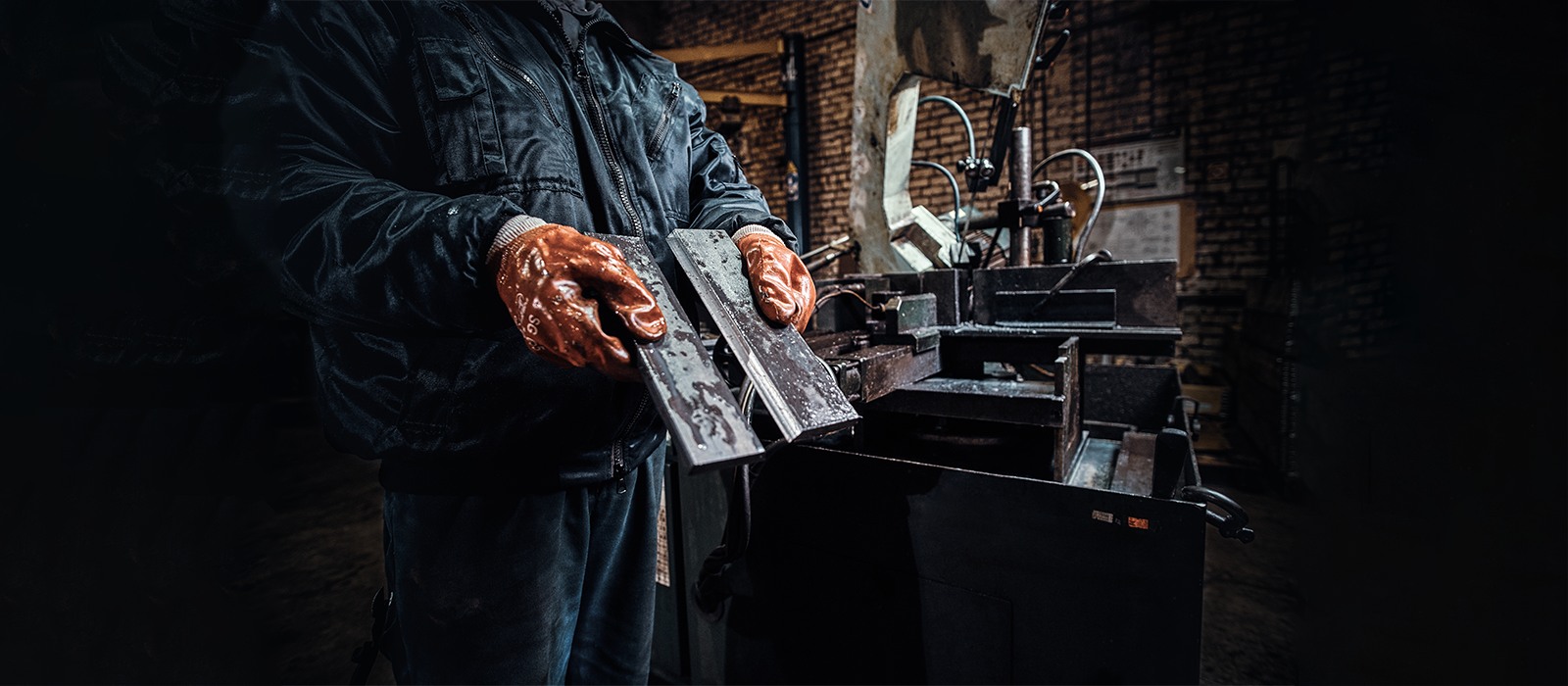
Introduction
Cold work steel is renowned for its exceptional hardness and wear resistance, making it an
essential material in the tools and dies industry. This blog explores how cold work steel
enhances tool durability and its various applications.
1. High Hardness and Wear Resistance
Key Points:
Dimensional Stability: Essential for precision tooling
Reliability: Ensures consistent performance under stress
2. Resistance to Deformation
Key Points:
Longevity: Extends the lifespan of moulds.
Consistent Quality: Ensures uniformity in produced parts.
3. Toughness and Impact Resistance
Key Points:
Shock Absorption: Reduces the risk of tool breakage.
Durability: Enhances the lifespan of tools in high-impact environments.
4. Corrosion Resistance
Key Points:
Protection: Prevents mould degradation from corrosion
Lightweight Options: Improve efficiency in construction and machinery.
4. Applications in the Tools and Dies Industry
It is widely used in the manufacturing of various tools and dies due to its desirable
properties. Common applications include:
Cutting Tools: Blades, knives, and saws that require sharp, durable edges.
Punches and Dies: Components used in stamping and forming operations.
Rolls and Cylinders: Used in rolling mills and other heavy machinery.
Key Points:
Versatility: Suitable for a wide range of tooling applications.
Performance: Ensures high efficiency and reliability in industrial processes.
Conclusion
Cold work steel's combination of hardness, wear resistance, toughness, and deformation
resistance makes it an ideal material for enhancing tool durability. Its applications in the tools
and dies industry are vast, contributing to the efficiency and longevity of industrial processes. By
choosing cold work steel, manufacturers can ensure the reliability and performance of their
tooling solutions.
How Cold Work Steel Enhances Tool Durability
The Importance of Plastic Mould Steel in Manufacturing
It is renowned for its exceptional hardness and wear resistance. It's a crucial material in the tools and dies industry, significantly enhancing tool durability
High Hardness and Wear Resistance of Cold Work Steel
Achieving Extended Tool Life of cold Work
It is known for its high hardness, achieved through processes like quenching and tempering. This hardness means tools last longer and perform better, even with repeated use.
Toughness and Impact Resistance of Cold Work Steel
The excellent wear resistance of steel ensures that moulds last longer, maintaining their quality over numerous production cycles.
Applications of Cold Work Steel in the Tools and Dies Industry
It is widely used in making blades, knives, and saws that require sharp, durable edges. Its properties ensure these tools perform efficiently and last longer.

Add a Comment